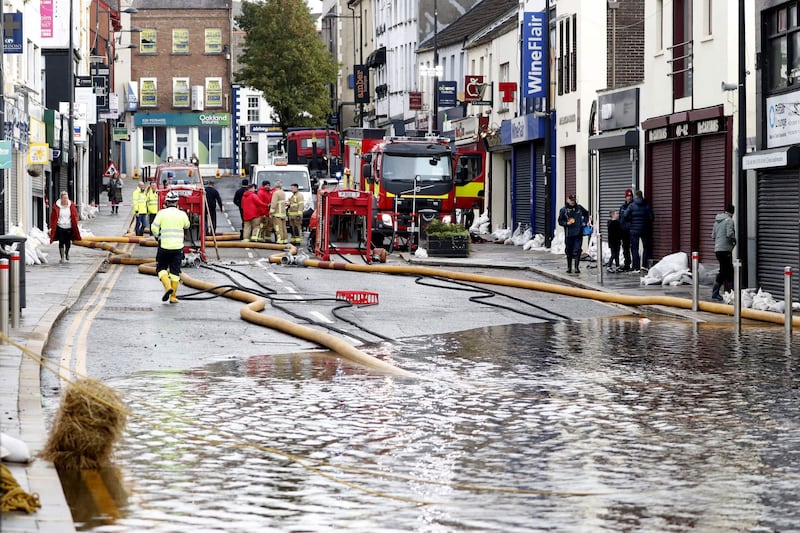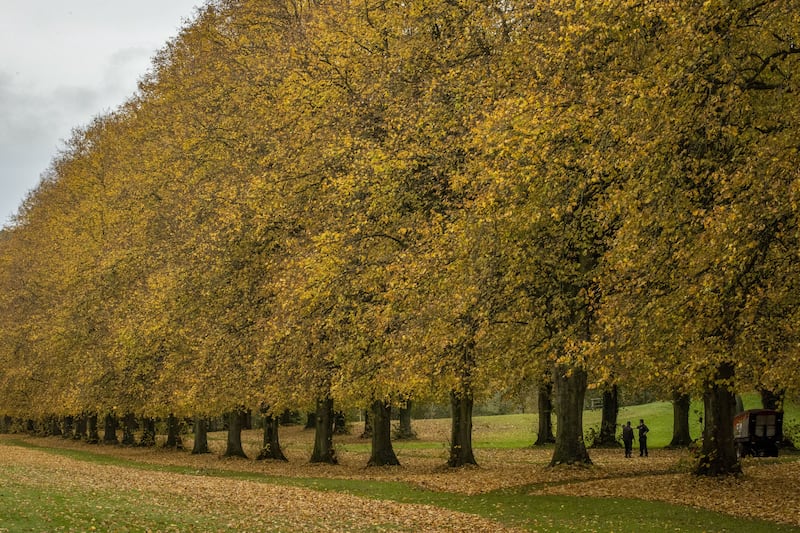The better protection of trees in Northern Ireland has been urged as a report found just one enforcement action was taken in response to hundreds of reported breaches.
A report by the Public Services Ombudsman found that of 369 tree protection breaches reported between 2019 and 2022, one resulted in enforcement action being taken, and none led to a prosecution.
The report noted this should be of concern to councils seeking to improve the environmental quality of their area.
Strengthening our roots: tree protection in the planning system in Northern Ireland, published on Thursday, observed that despite having significant enforcement powers, less than half of all 11 councils clearly state on their websites that it is a criminal offence to carry out works to protected trees without consent.
Others do not reference the consequences of a breach.
The report observed that there is a lack of clarity around when councils should require that independent evidence be provided to carry out work on protected trees, and said there is also variation in councils’ knowledge of legislation governing the works carried out to protected trees on council-owned land.
It also found there was a lack of clear information for the public on Tree Preservation Orders (TPOs), and that information about which trees are protected should be made more accessible.
The Ombudsman made a total of 26 recommendations, including that the Department for Infrastructure should update regional guidance on the protection of trees.
It said the Department should take the lead in developing an online regional map which displays the locations of all TPOs and conservation areas in Northern Ireland.
It also said councils should ensure processes are accessible to the public who want to request a TPO, apply for works to a protected tree or report a breach.
The Ombudsman said the Department should issue clear guidance on the processes councils must follow to carry out works to protected trees on their own land and to manage conflicts of interest where either the Department or a council is suspected of a breach.
The Ombudsman also said both Department and councils should examine enforcement cases closed which have been identified as being ‘not expedient’ and ‘other’, “to establish if the reasoning is in keeping with the councils’ outwardly stated priorities to protect trees”.
Ombudsman Margaret Kelly said: “Tree protection is crucial to the long-term strategies to improve the social, environmental and economic well-being of our areas and people.
“Trees have a key role not only in increasing biodiversity and combating climate change but are also increasingly recognised for the value they add to homes and public spaces and for their wide-ranging benefits to public health.
“I am concerned that if the protection of trees including enforcement action is not taken seriously by local councils, or is perceived as not being taken seriously, then public confidence in the planning system risks being undermined.
“This may be an issue I choose to return to in the future, but for now I am hopeful that the recommendations made in this report will make a positive contribution to the protection of trees within the Northern Ireland planning system.”
The report praised Belfast City Council for its work on a “considerable” public consultation to inform its recent tree strategy, and Ards and North Down Borough Council for providing online access to the original documentation and maps associated with each TPO.








